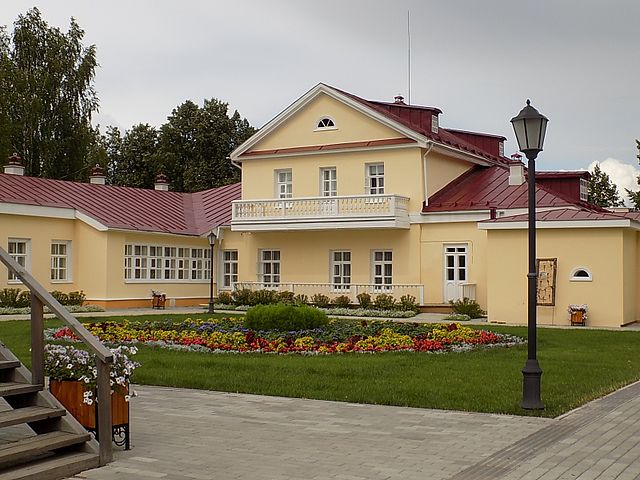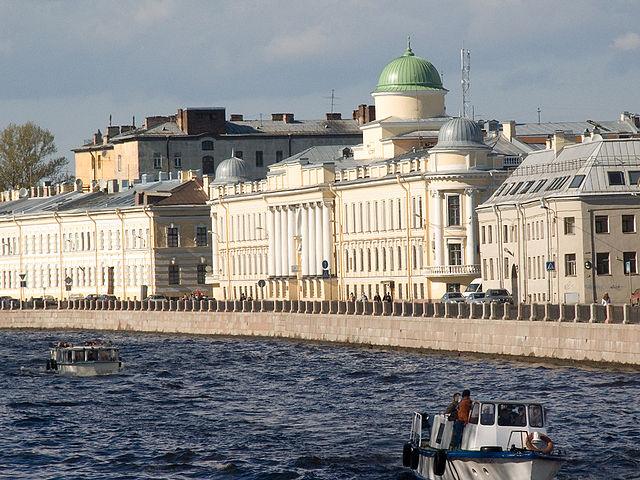Eugene Onegin, Op. 24, is an opera in 3 acts, composed by Pyotr Ilyich Tchaikovsky. The libretto, organised by the composer himself, very closely follows certain passages in Alexander Pushkin's 1825–1832 novel in verse, retaining much of his poetry. Tchaikovsky's friend Konstantin Shilovsky contributed M. Triquet's verses in Act 2, Scene 1, while Tchaikovsky himself arranged the text for Lensky's arioso in Act 1, Scene 1, and almost all of Prince Gremin's aria in Act 3, Scene 1.
Leonid Sobinov as Vladimir Lensky, 1898
Pyotr Ilyich Tchaikovsky was a Russian composer during the Romantic period. He was the first Russian composer whose music would make a lasting impression internationally. Tchaikovsky wrote some of the most popular concert and theatrical music in the current classical repertoire, including the ballets Swan Lake and The Nutcracker, the 1812 Overture, his First Piano Concerto, Violin Concerto, the Romeo and Juliet Overture-Fantasy, several symphonies, and the opera Eugene Onegin.
Tchaikovsky, c. 1888
Tchaikovsky's birthplace in 1840 in Votkinsk, Russia, now a museum
The Tchaikovsky family in 1848. Left to right: Pyotr, Alexandra Andreyevna (mother), Alexandra (sister), Zinaida, Nikolai, Ippolit, Ilya Petrovich (father)
In 1850, at about ten years of age, Tchaikovsky entered the Imperial School of Jurisprudence in Saint Petersburg





